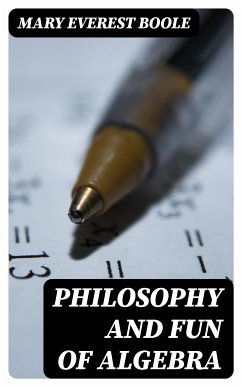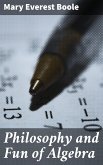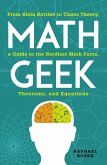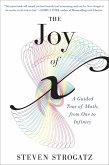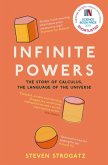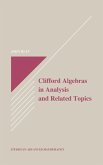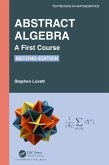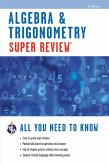In "Philosophy and Fun of Algebra," Mary Everest Boole presents a captivating exploration of algebraic concepts, intertwining philosophical reflections with pedagogical insights. Her writing embodies a unique blend of erudition and playfulness, as she demystifies mathematical ideas for both young learners and seasoned scholars. Set against the backdrop of the late 19th-century educational reforms, Boole advocates for an engaging approach to mathematics, emphasizing the inherent beauty of algebraic thinking and its applicability in real-world contexts. She employs vivid illustrations and thought experiments, skillfully guiding readers through the intricacies of algebra while maintaining an accessible style that invites curiosity and imagination. Mary Everest Boole, an influential educator and the wife of the mathematician George Boole, was a pioneering figure in advancing mathematics education. Her commitment to teaching and understanding mathematical principles stemmed from her own experiences, as well as her desire to promote critical thinking among her students. Boole's deep interest in the interplay between mathematics and philosophy is evident throughout the text, providing a rich intellectual landscape that informs her pedagogical approach. For those seeking to deepen their appreciation of mathematics or nurture a love for algebra in their students, "Philosophy and Fun of Algebra" is a must-read. Boole's invigorating prose not only emboldens the reader to embrace algebra but also fosters a sense of wonder about the subject. This book serves as both an educational resource and a philosophical treatise, making it essential for educators, students, and anyone passionate about the joys of mathematics.
Dieser Download kann aus rechtlichen Gründen nur mit Rechnungsadresse in A, B, BG, CY, CZ, D, DK, EW, E, FIN, F, GR, H, IRL, I, LT, L, LR, M, NL, PL, P, R, S, SLO, SK ausgeliefert werden.

